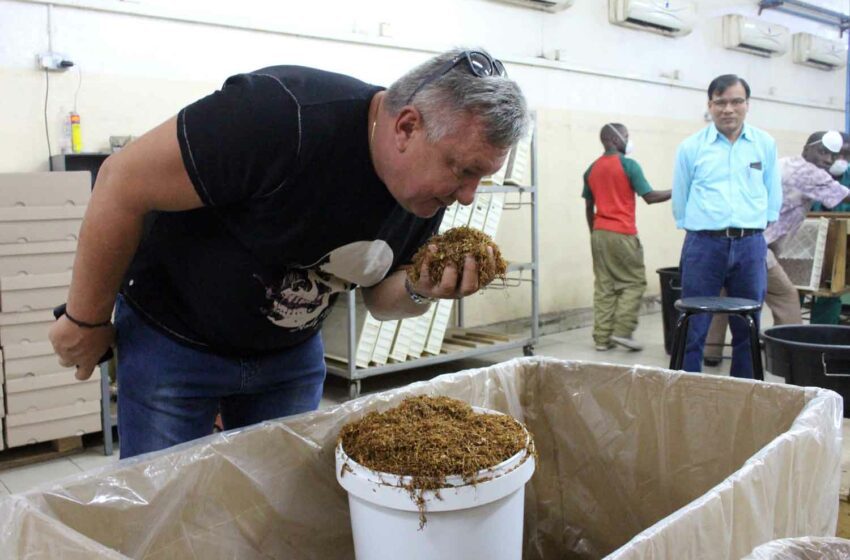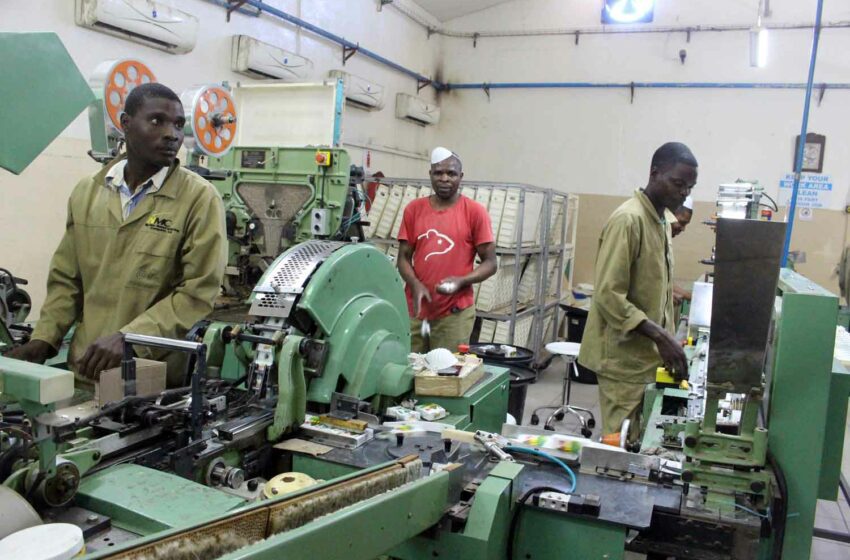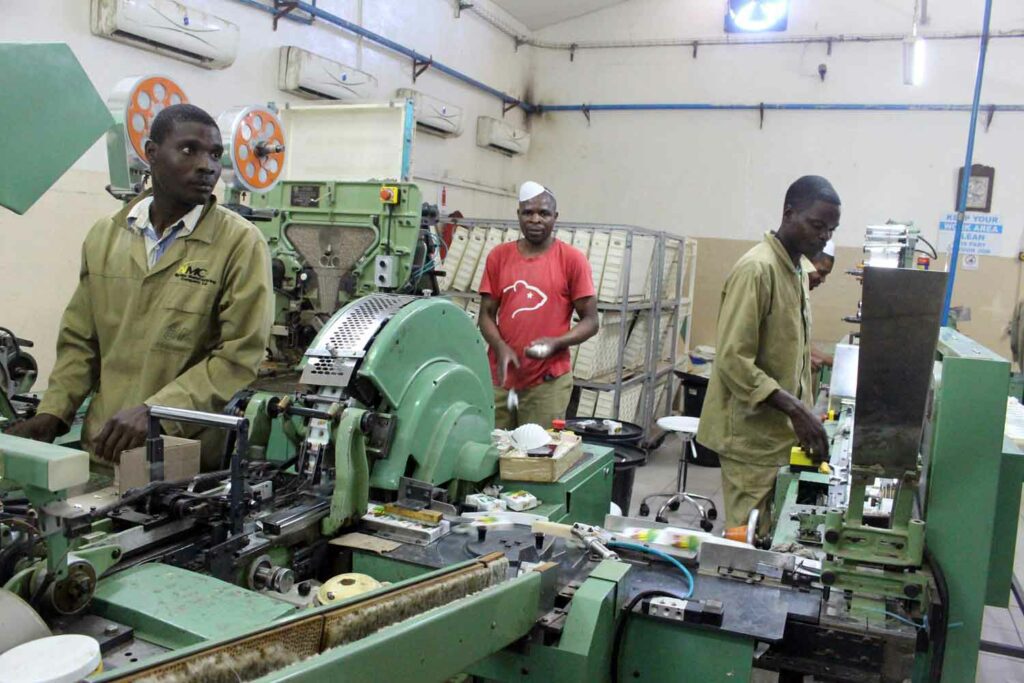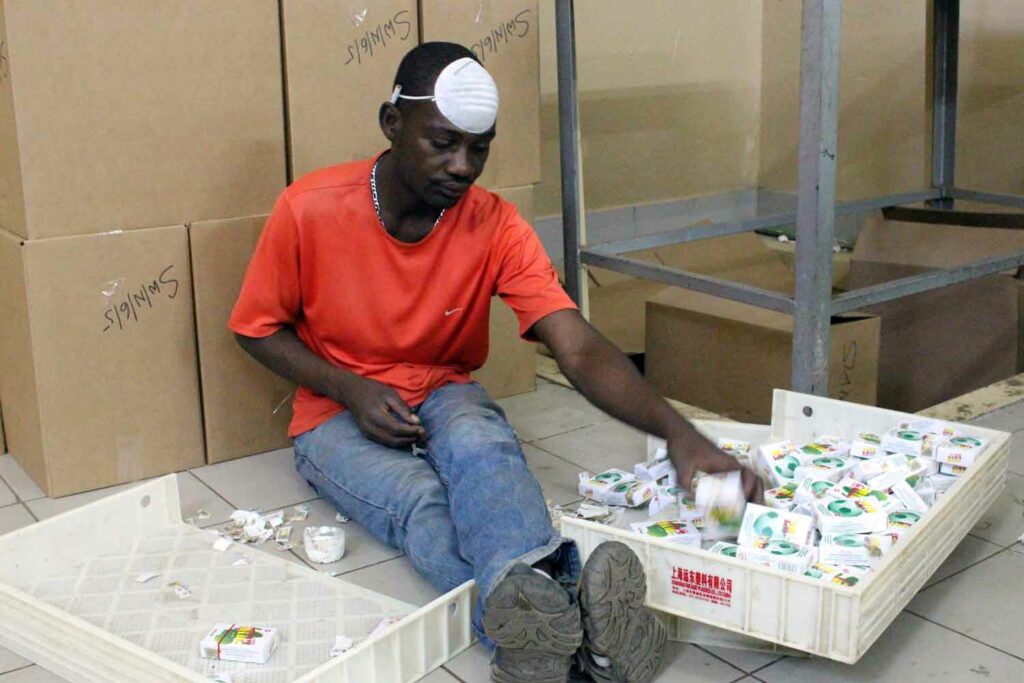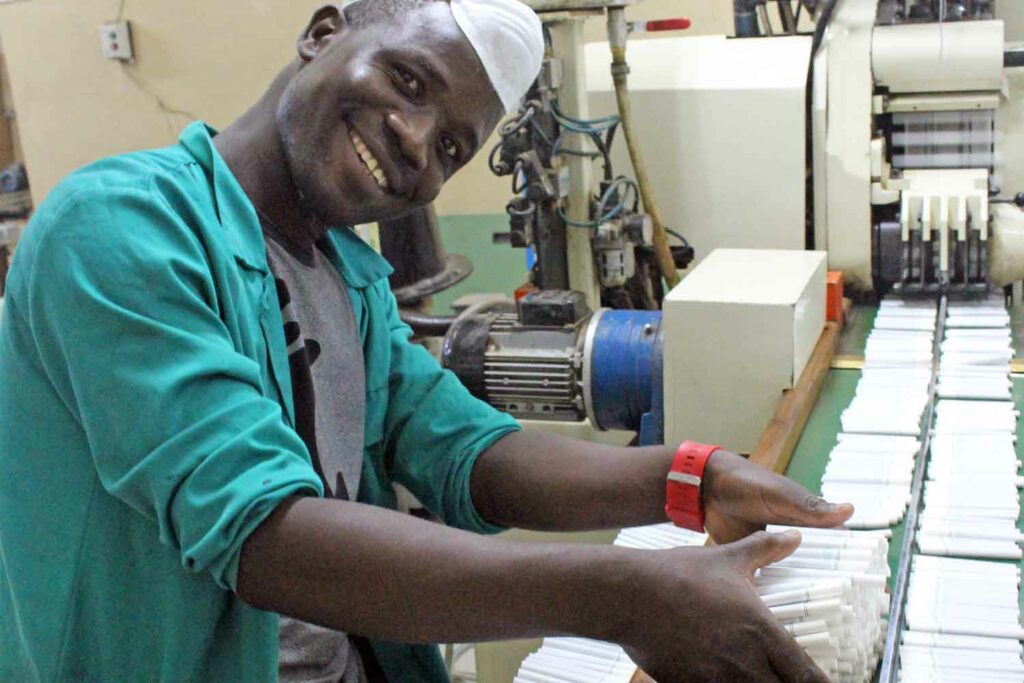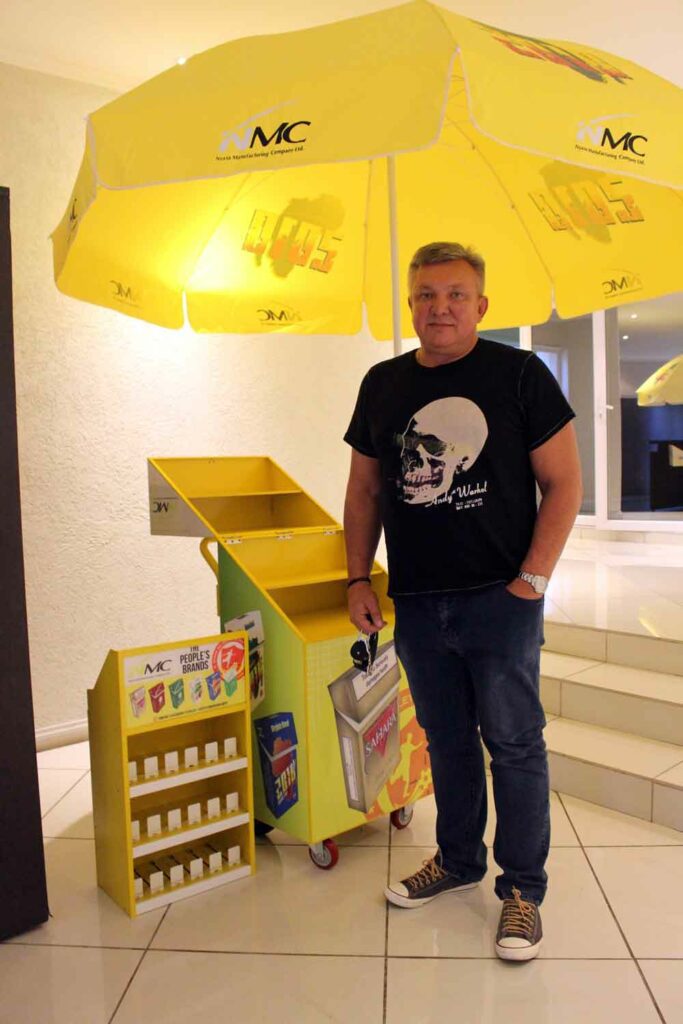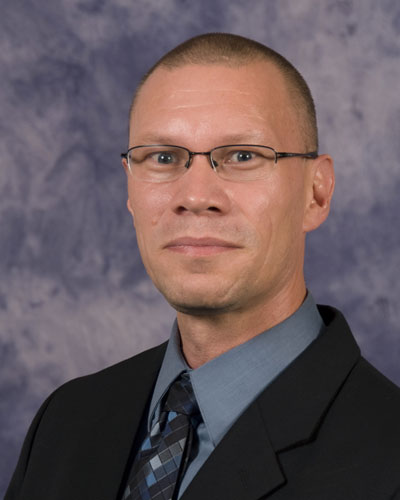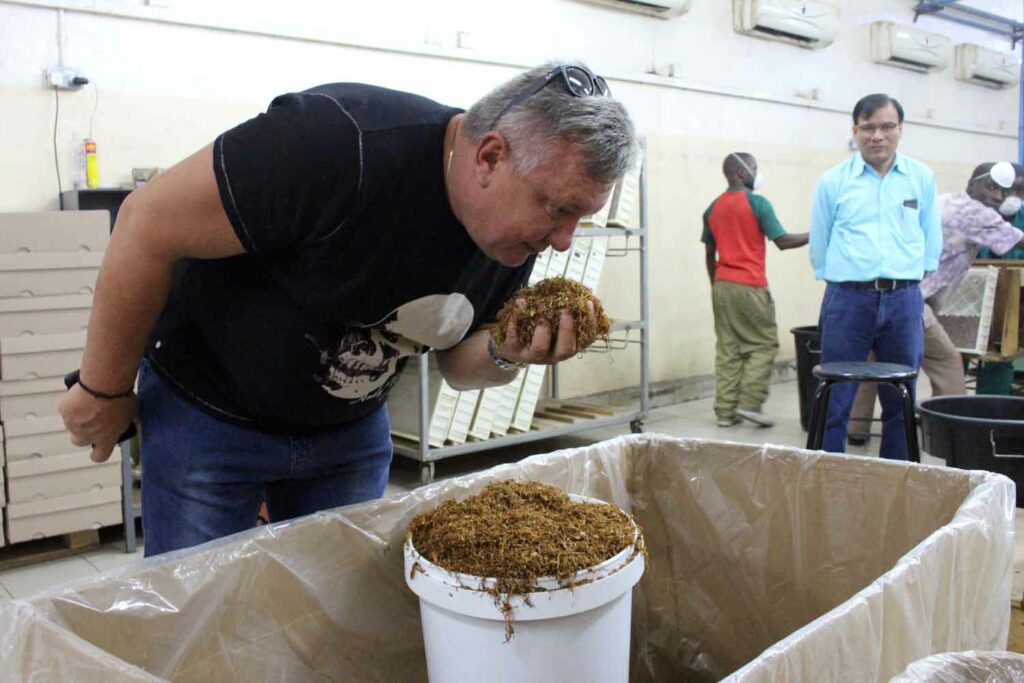
Nyasa Tobacco Co. officially launched its operations in Lilongwe, Malawi, on April 9.
Speaking during the opening ceremony, Agriculture Minister Sam Kawale noted that the participation of Nyasa Tobacco in the local market would not only increase competition but also encourage leaf production and earn much-needed foreign currency.
“Government is always interested to see more companies or stakeholders coming on the auction because the more companies joining the markets, the better the prices will be because of competition and the more our farmers benefit, and the better the economy is going to grow,” he was quoted as saying by the Nyasa Times.
Konrad Buckle, chairman of the Nyasa Group of Companies, expressed satisfaction with the government’s commitment to tobacco farmer and promised to help farmers get a fair value for their leaf.
“Our main vision is to try and establish market presence on behalf of the government and make sure farmers get fair value,” he said.
Speaking on the sidelines of the official opening of Malawi’s 2024 selling season, Buckle said Malawi’s tobacco farmers had been getting an unfair deal due to the low prices offered to them, suggesting that competition from his company would help remedy that situation.
“We are here to stay,” he was quoted as saying in a separate Nyasa Times article. “And we want to make difference to the growers.”
Nyasa entered the leaf market toward the end of the marketing season last year. It has been manufacturing cigarettes in Malawi for more than a decade.
Tobacco Reporter profiled Nyasa Manufacturing in it June 2017 issue.

